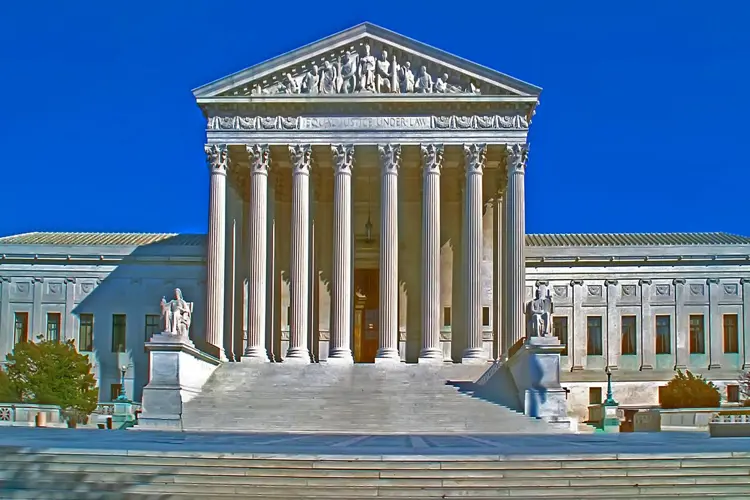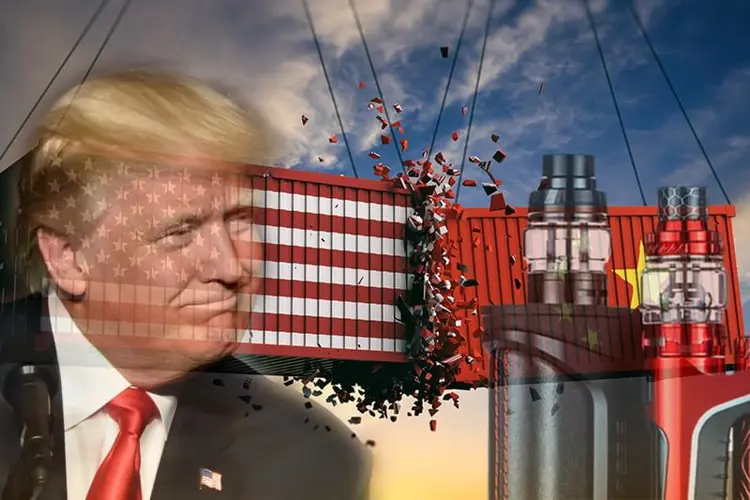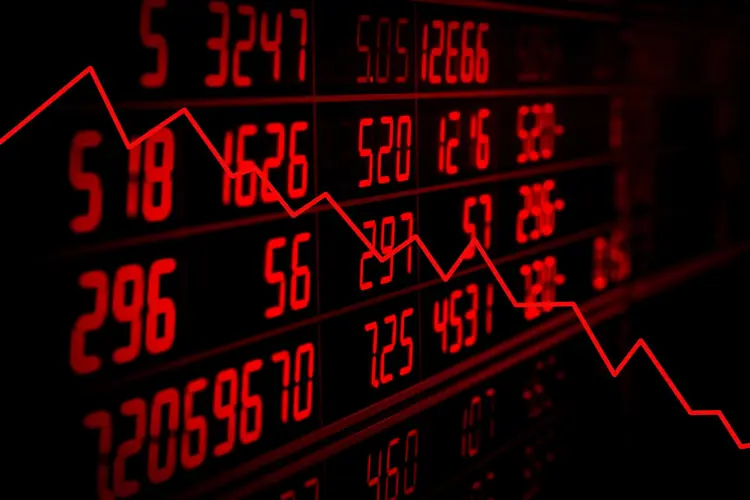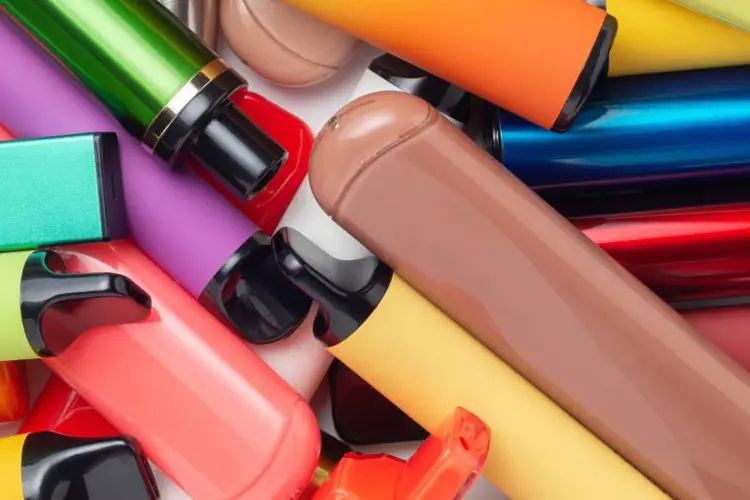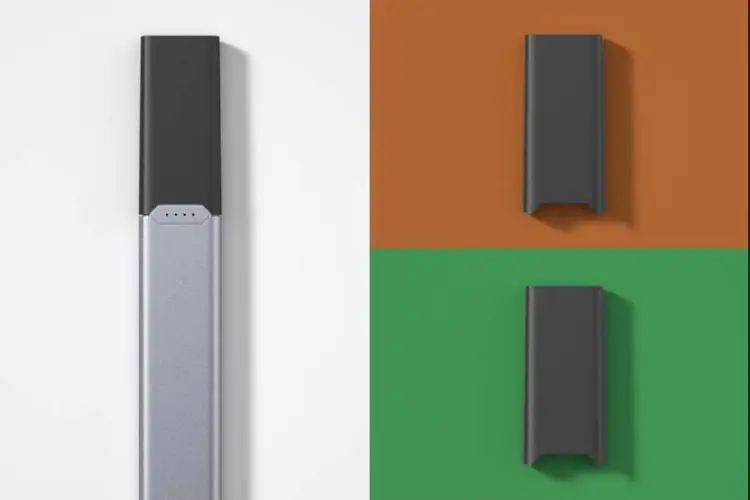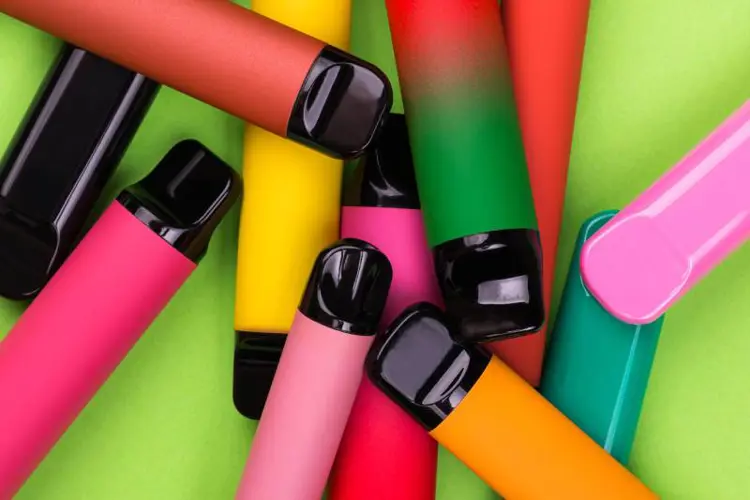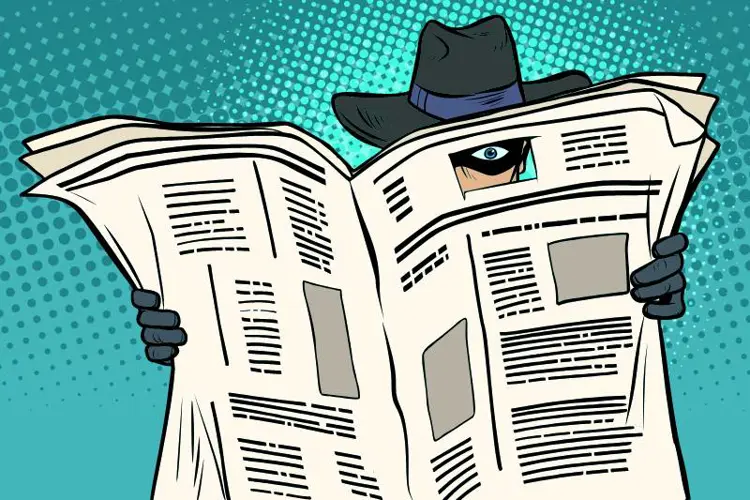For the third year in a row, the Democratic-led U.S. House of Representatives will not approve a White House/FDA budget request to collect tobacco company user fees from vape manufacturers.
The Trump administration included requests for $100 million in vape company user fees in its FDA budgets for fiscal years 2020 and 2021, and the Biden White House made an identical request for FY2022. (Federal government fiscal years begin in October and end in September.)
Tobacco company fees completely fund the FDA Center for Tobacco Products (CTP) and all of its initiatives. The CTP receives no funding from taxes or other sources. Congress approved $681.5 million in user fees for FY2021. The Biden administration requested $780.8 million for FY2022, including $100 million in vape company fees.
??✍️House Democrats have just released their draft FDA spending bill. The Center for Tobacco Products will receive $681 million, $99 million less than the amount sought by the Biden Administration/FDA in the form of new user fees on e-cigarette manufacturers.??✍️
— Paul Blair (@gopaulblair) June 24, 2021
According to a tweet from Paul Blair of Turning Point Brands, the House appropriators' spending bill draft leaves the vape company user fees out of the proposed budget. Blair didn’t speculate why the fee request was rejected.
Democrats have held the House majority since January 2019. As the party generally opposed to vaping and tobacco, it’s odd that Democrats have three times passed up a chance to punish vaping manufacturers. One possible explanation is that Congress thinks assessing fees could legitimize an industry they see as illegitimate.
But that doesn’t explain why user fees were included in two previous Democratic vaping bills, including one that passed the House in February 2020. (That bill, which also would have also banned flavors and online sales, and added a crushing federal tax to nicotine, never received a Senate vote.)
For the last three years, the FDA budget requests have contained the same requests for user fees, and a virtually identical explanation of the need to assess fees on vape manufacturers.
So, user fees on e-cigarette manufacturers are off the table? Why were they discarded so quickly?
Seems like the democrats would jump at the chance to impose a new tax, especially on evil e-cigarettes.
Unless, that would signal e-cigarettes are here to stay?
— Freedom of Choice (@LanceChurchill) June 24, 2021
“Currently, the Tobacco Control Act does not provide a means for FDA calculation of user fees for e-cigarettes and other ENDS products, and certain other deemed products,” notes the agency. “These products represent an increasing share of the tobacco marketplace as well as FDA’s tobacco regulatory activities. FDA requests an additional $100 million and requests authority to include manufacturers and importers of all deemed products among the tobacco product classes for which FDA assesses tobacco user fees.”
Tobacco company user fees are calculated with a complex formula that includes a multiple of the federal tobacco excise tax rate for each type of tobacco product. Currently the FDA collects user fees from manufacturers and importers of cigarettes, snuff, chewing tobacco, cigars, roll-your-own tobacco, and pipe tobacco. Cigarette sales account for a large majority of the fees.
There is no federal tax on e-cigarettes or other vaping products, so assessing user fees on vape manufacturers would require a new system of calculating the fees. If it were based on sales volume, Juul Labs, RJ Reynolds/BAT and other mass-market manufacturers would probably pay the bulk of the fees.
The FDA also receives user fees from drug and medical device manufacturers. Those fees go to the Center for Drug Evaluation and Research and other FDA offices in charge of market authorization for pharmaceutical products and devices.
The Freemax REXA PRO and REXA SMART are highly advanced pod vapes, offering seemingly endless features, beautiful touchscreens, and new DUOMAX pods.
The OXVA XLIM Pro 2 DNA is powered by a custom-made Evolv DNA chipset, offering a Replay function and dry hit protection. Read our review to find out more.
The SKE Bar is a 2 mL replaceable pod vape with a 500 mAh battery, a 1.2-ohm mesh coil, and 35 flavors to choose from in 2% nicotine.
Because of declining cigarette sales, state governments in the U.S. and countries around the world are looking to vapor products as a new source of tax revenue.
The legal age to buy e-cigarettes and other vaping products varies around the world. The United States recently changed the legal minimum sales age to 21.
A list of vaping product flavor bans and online sales bans in the United States, and sales and possession bans in other countries.








